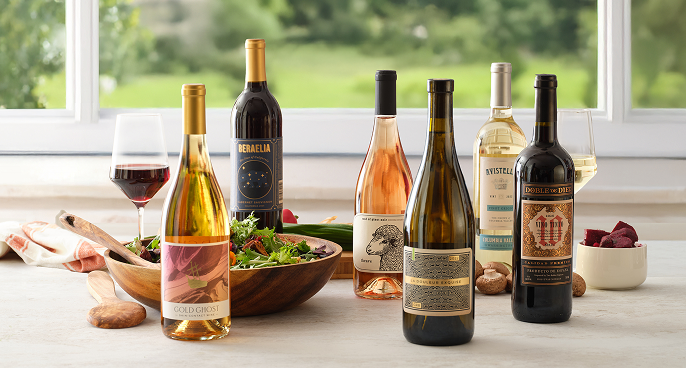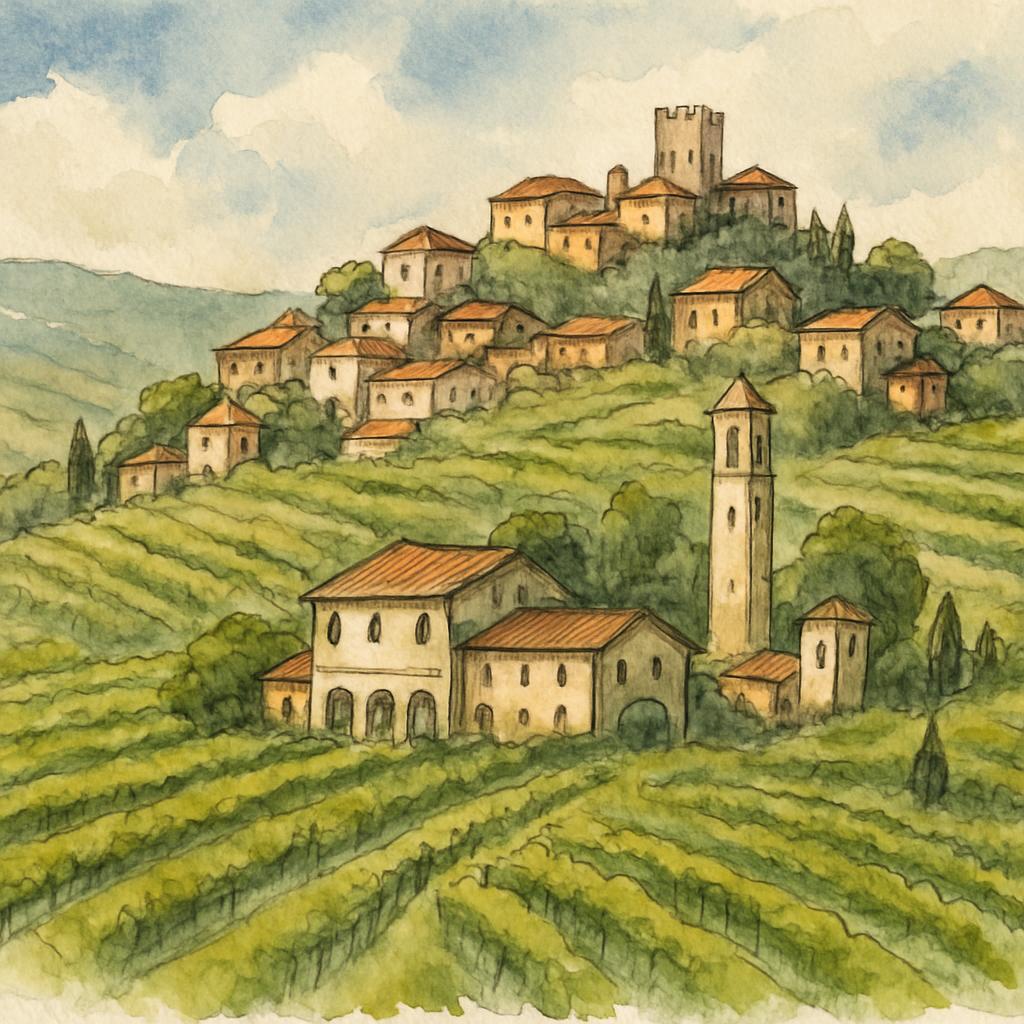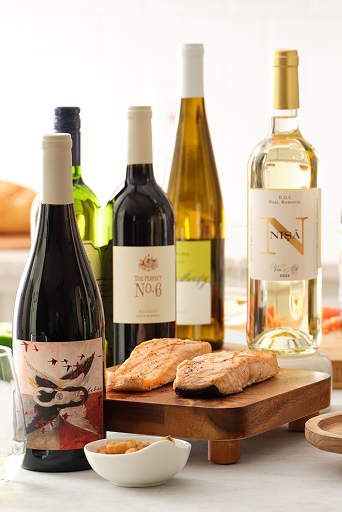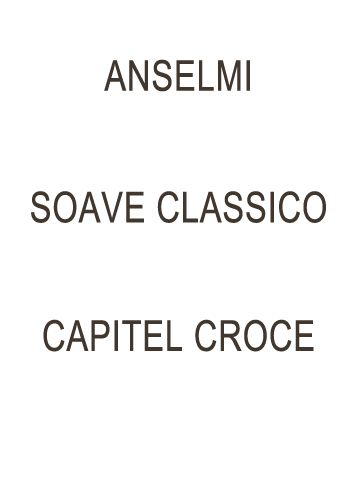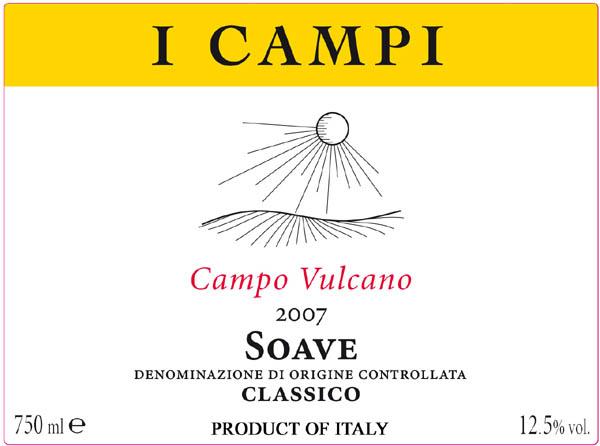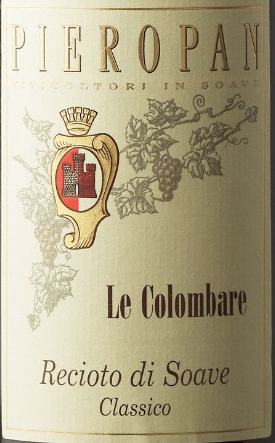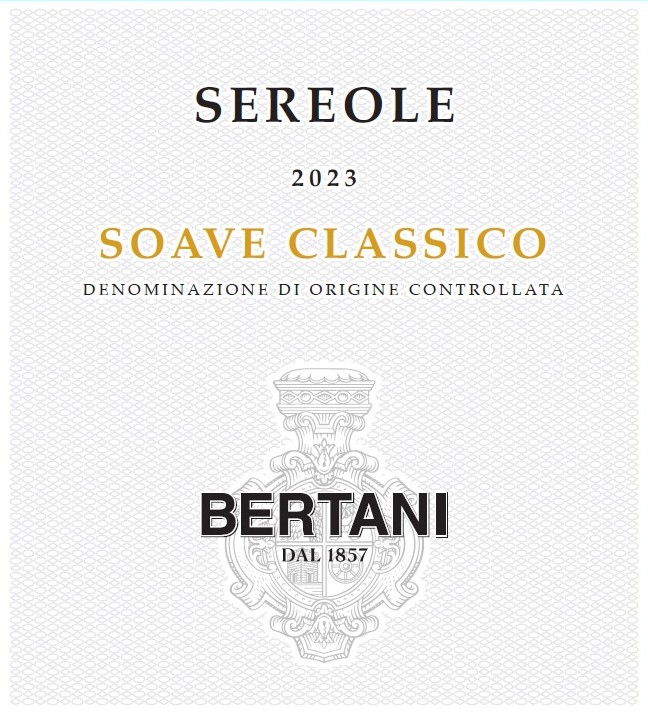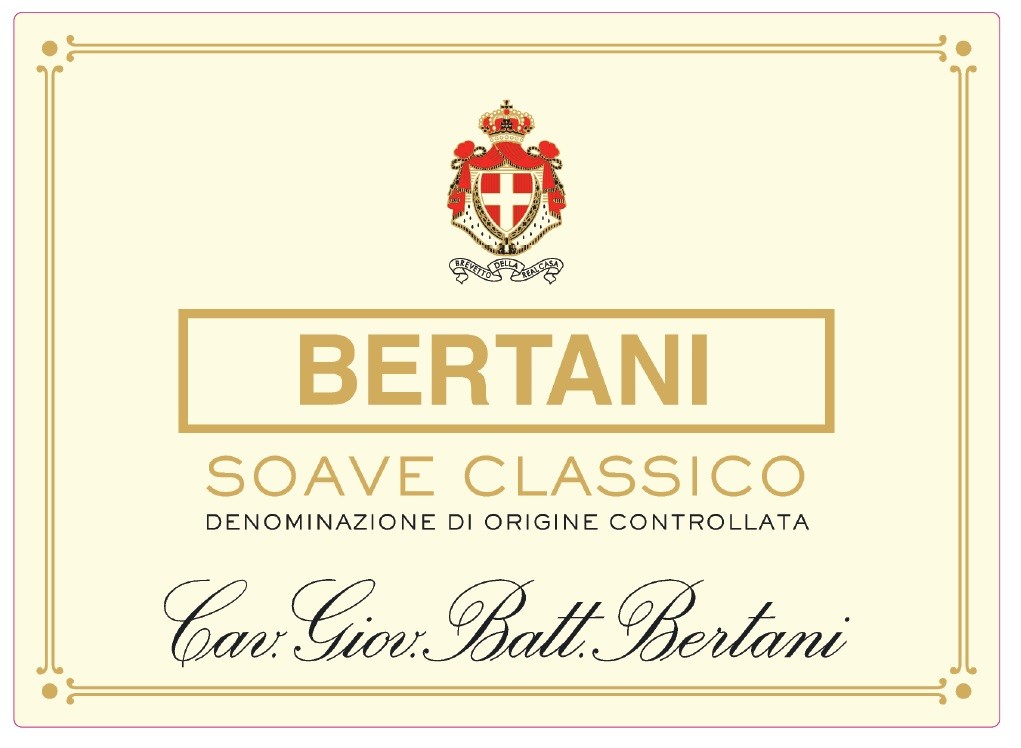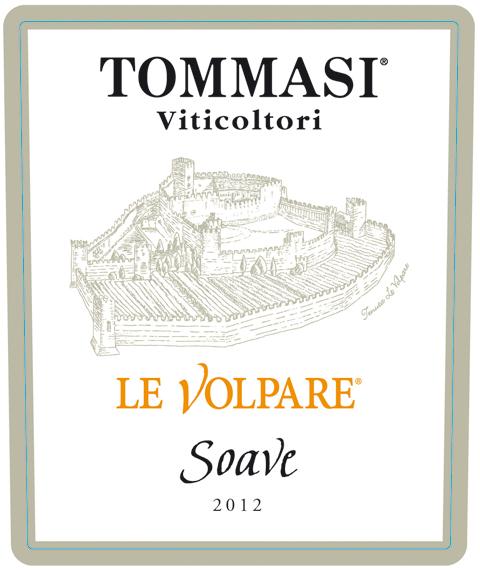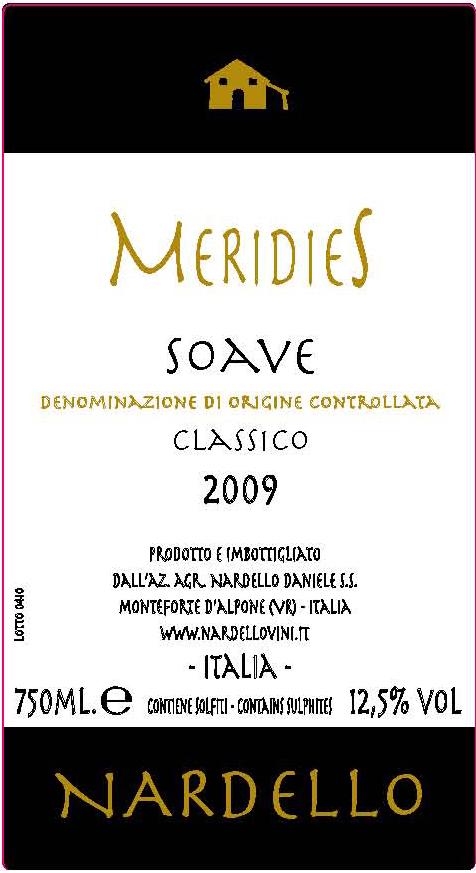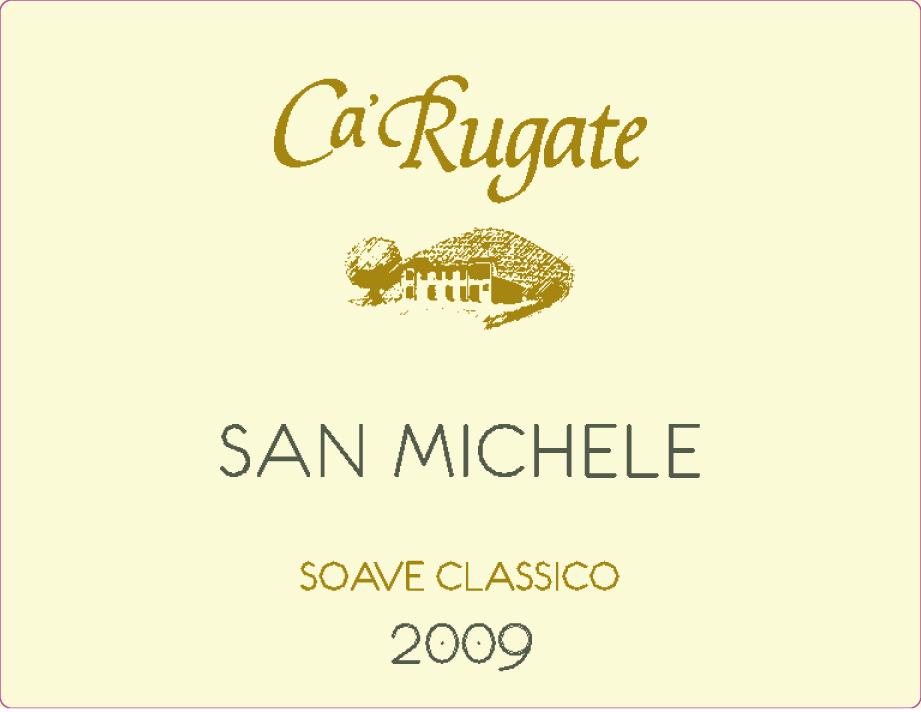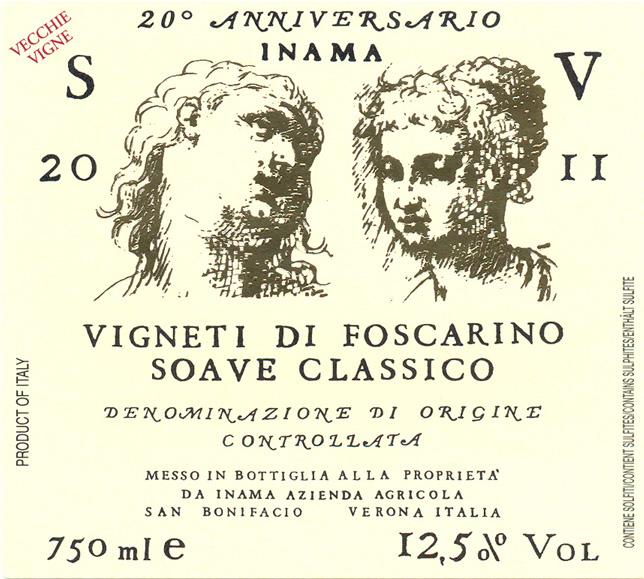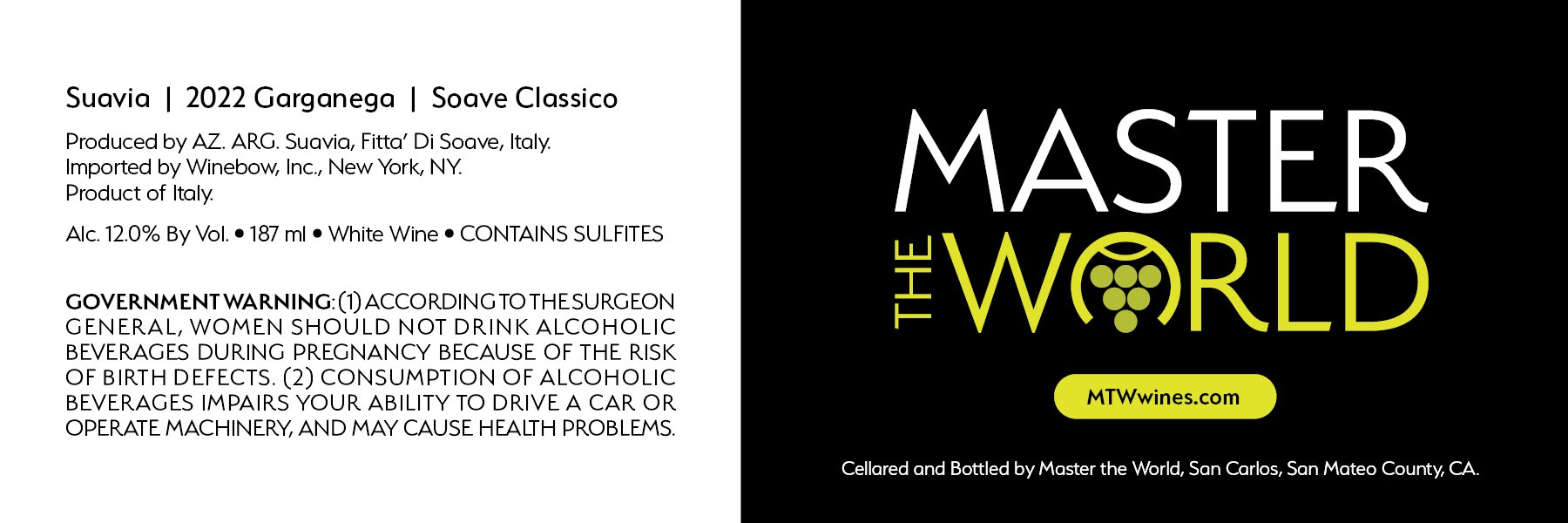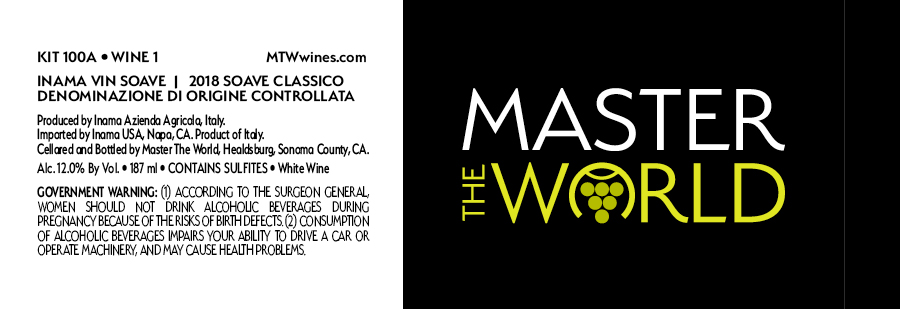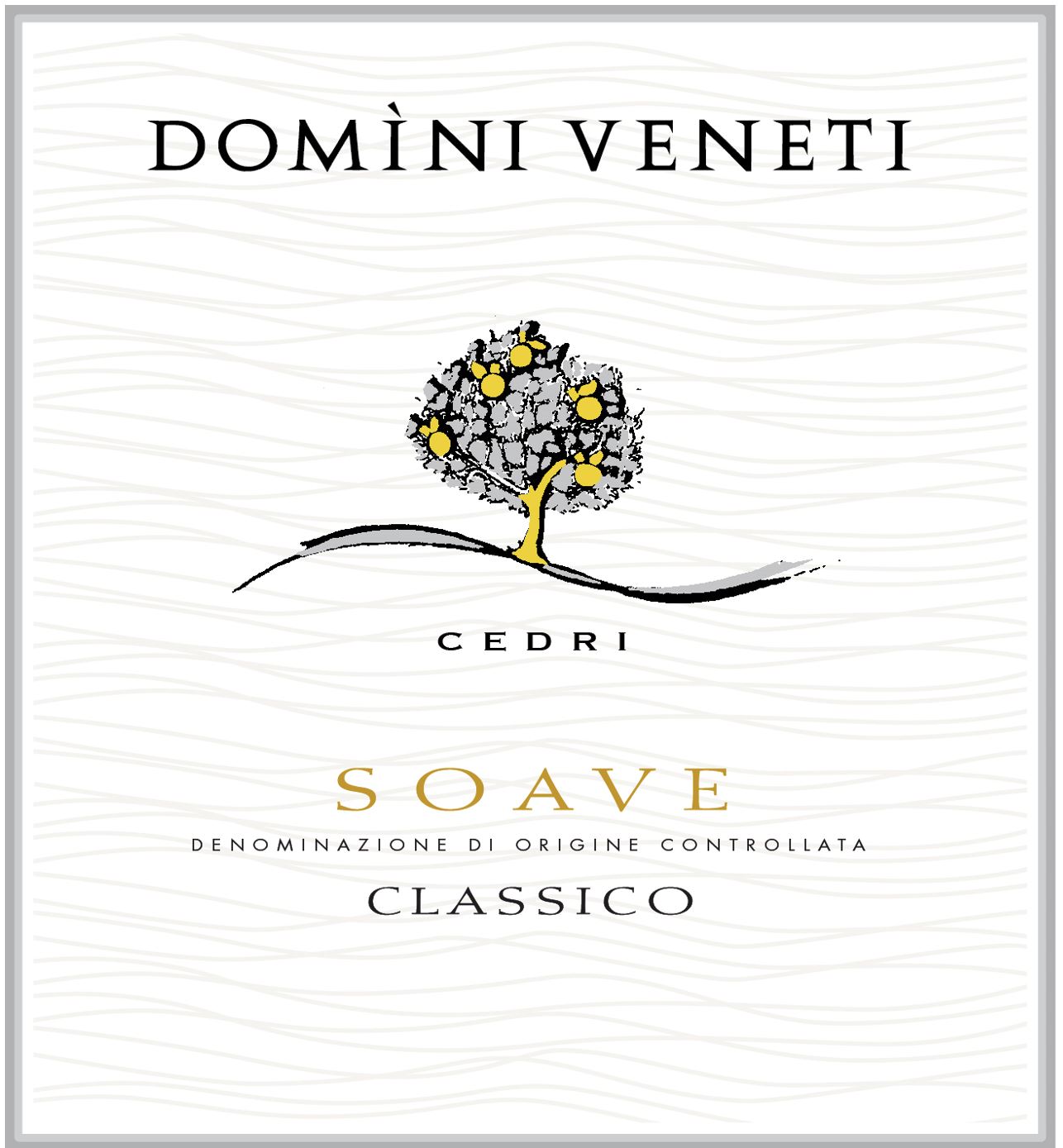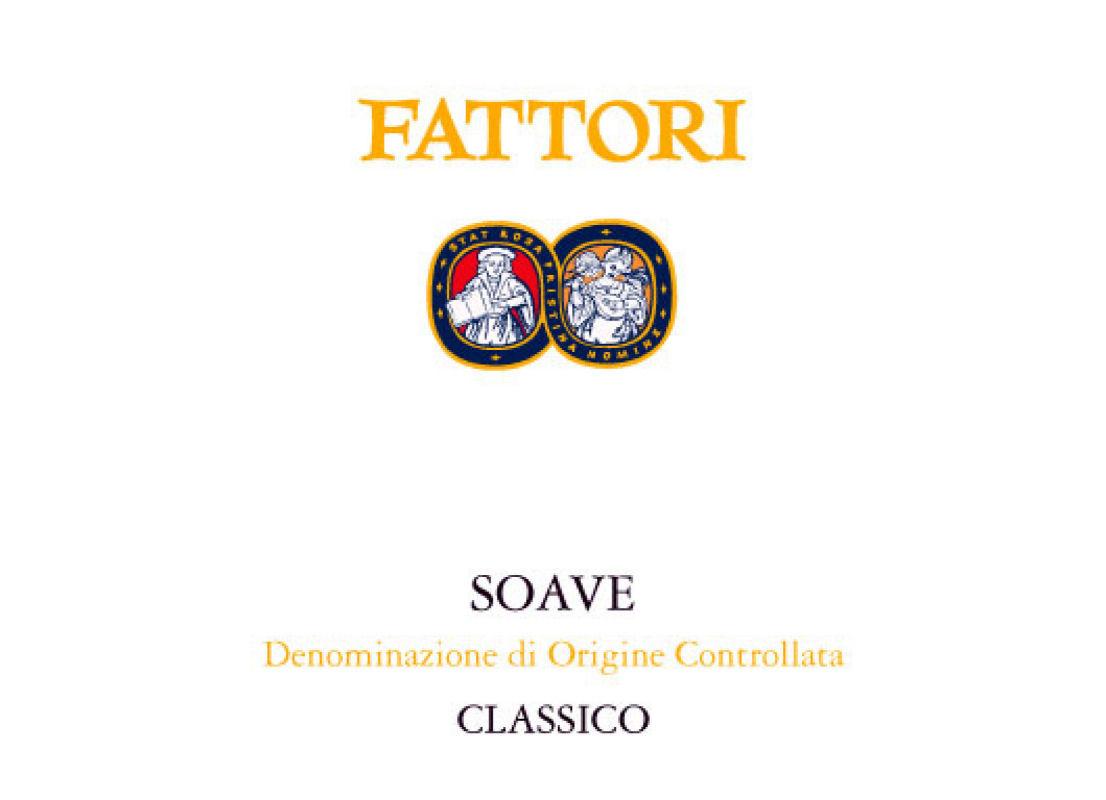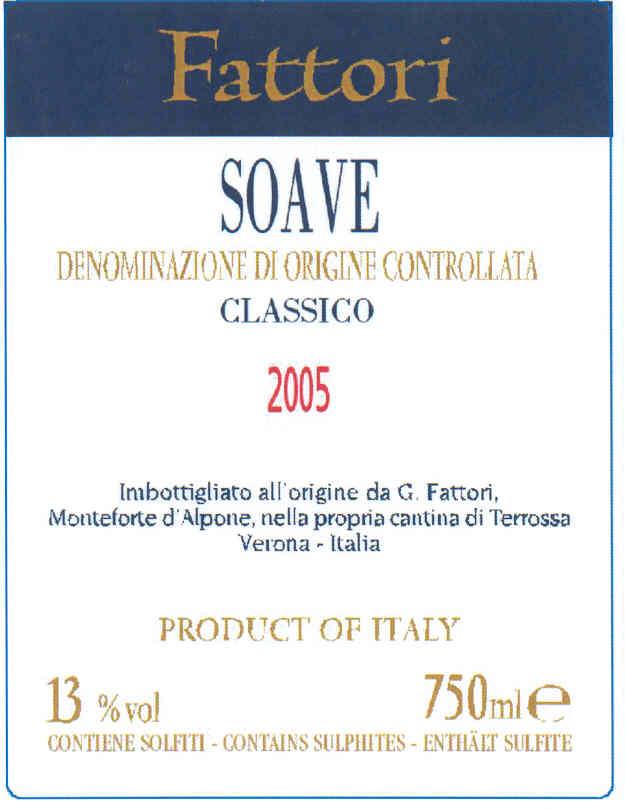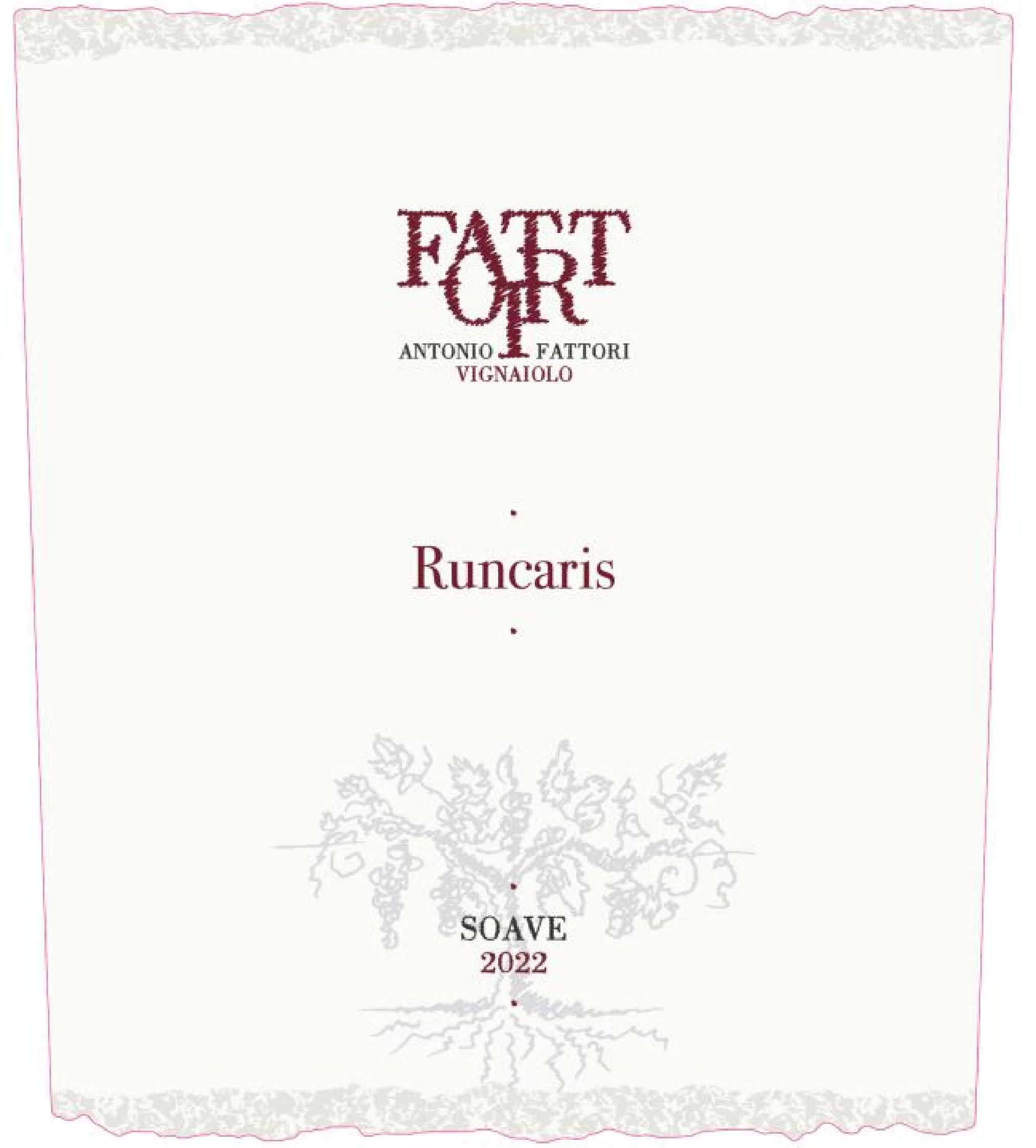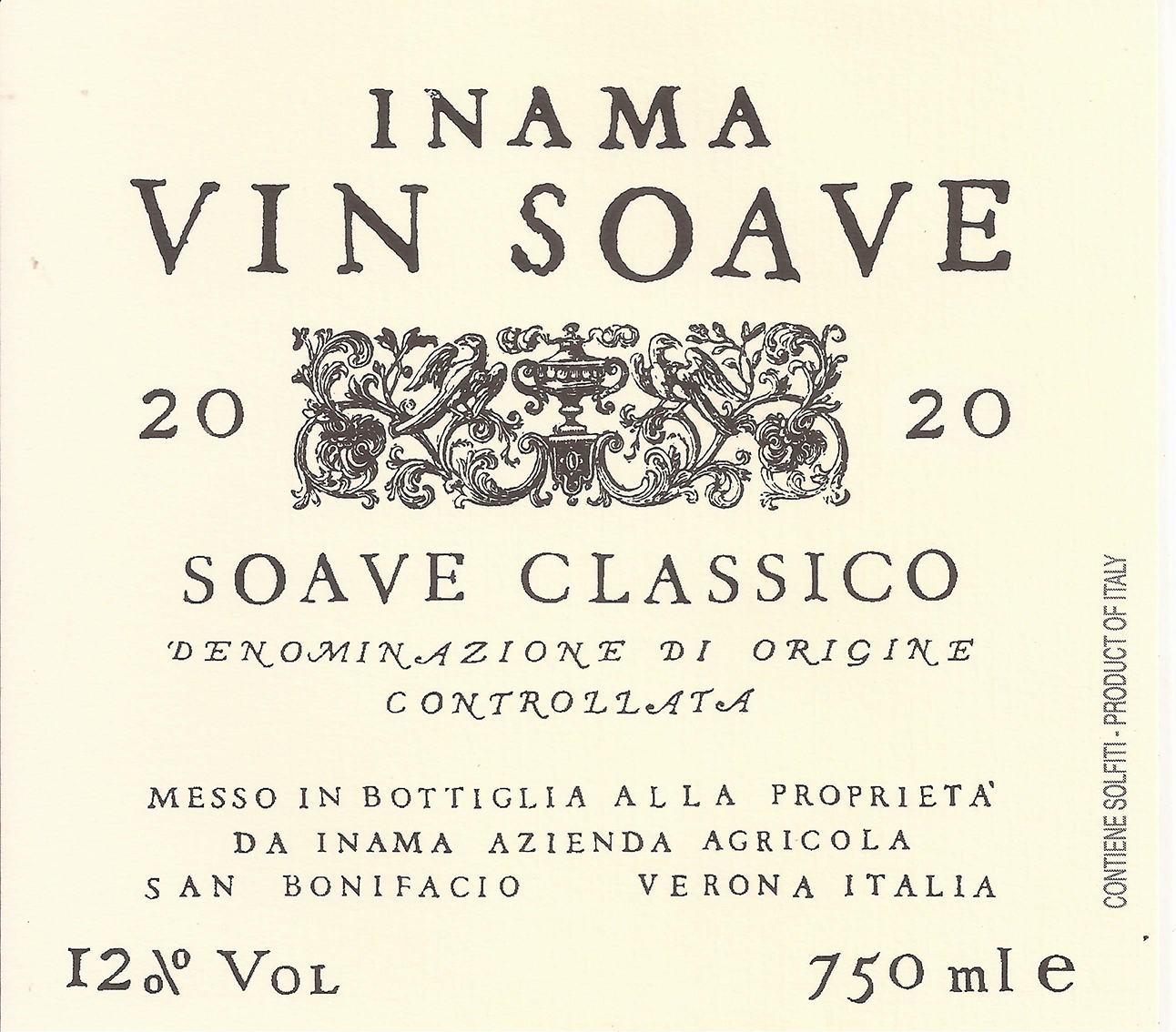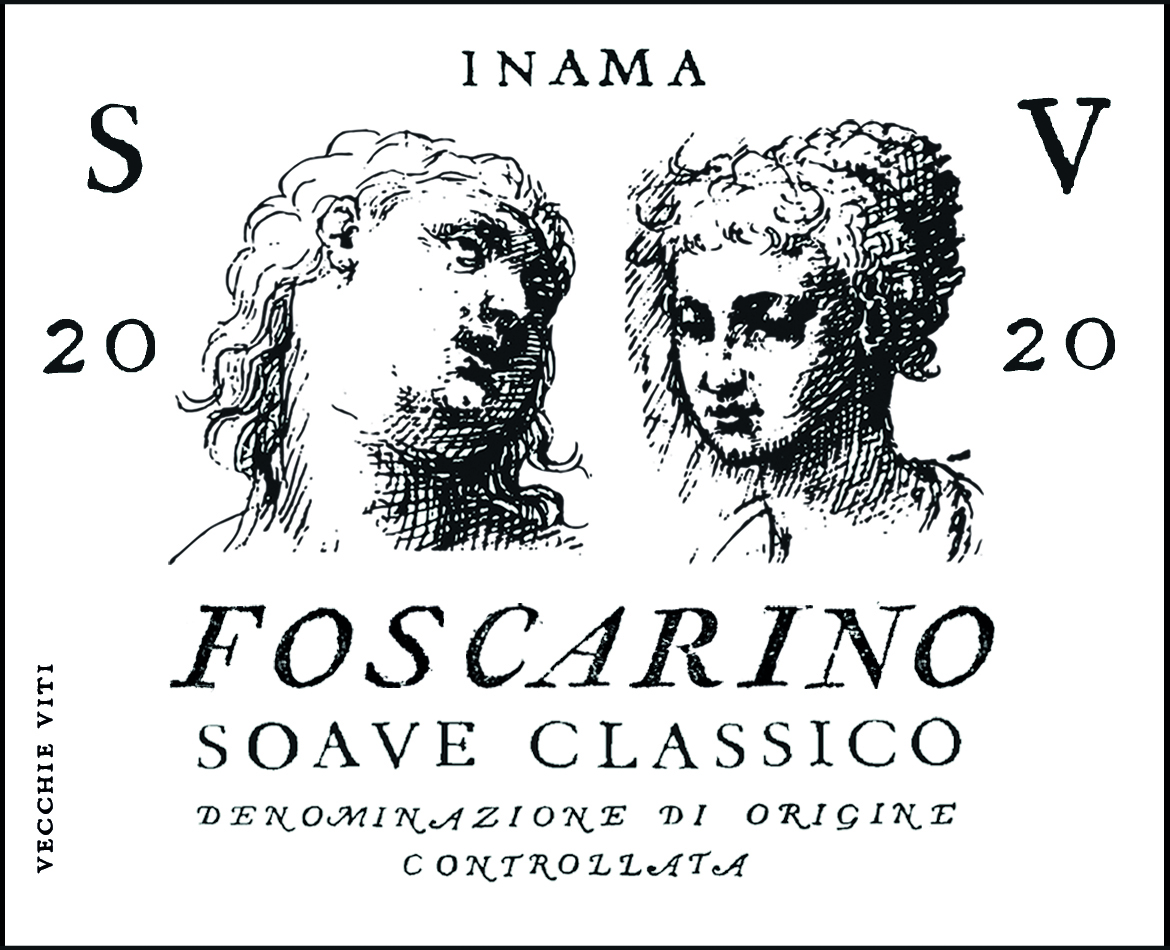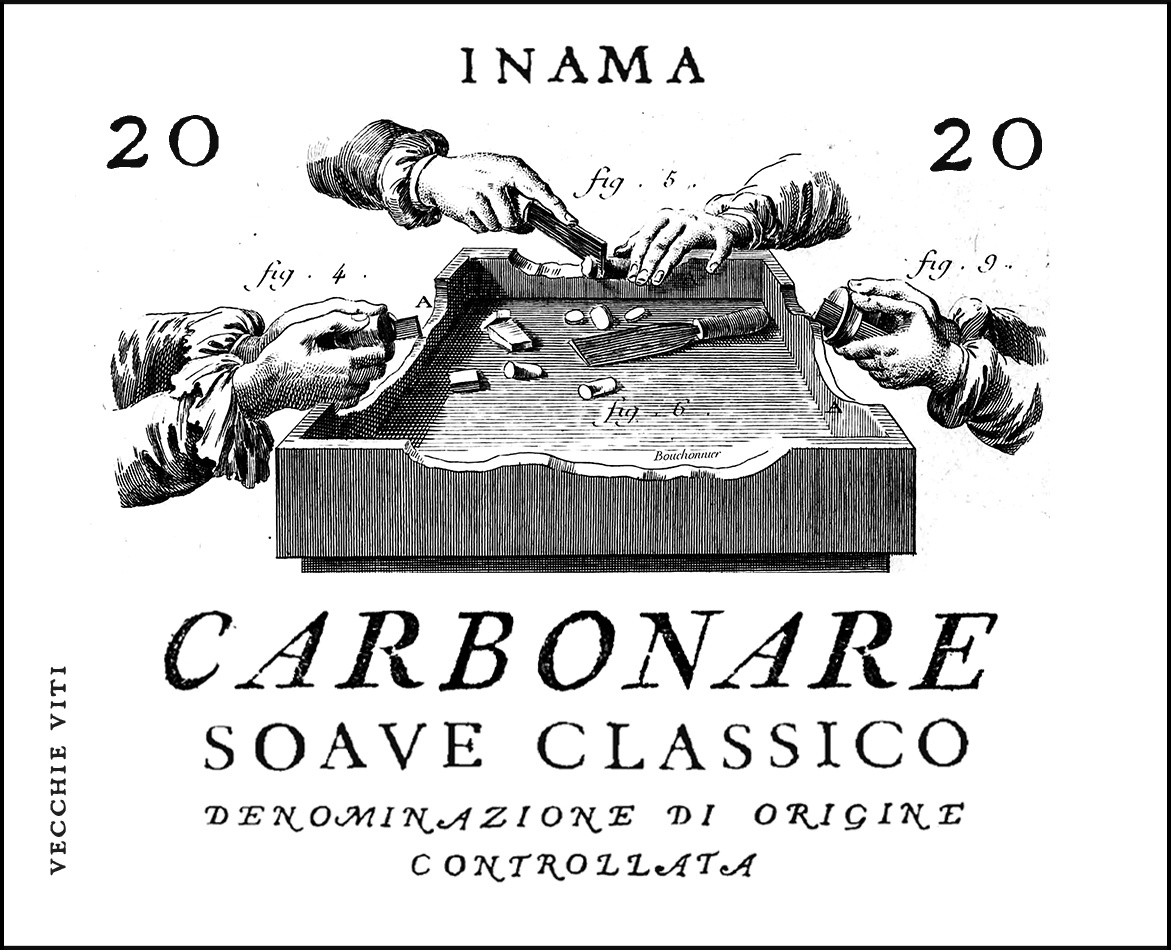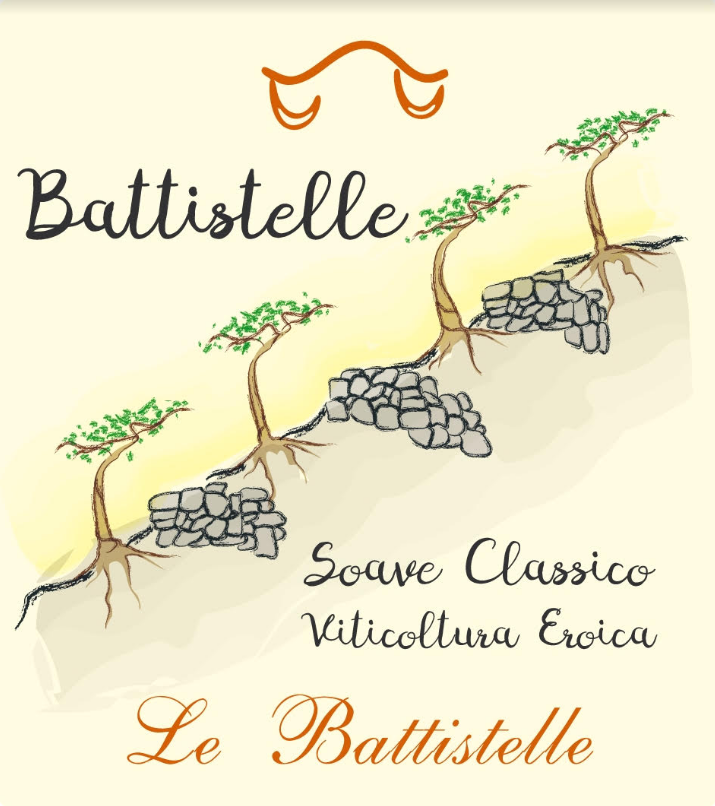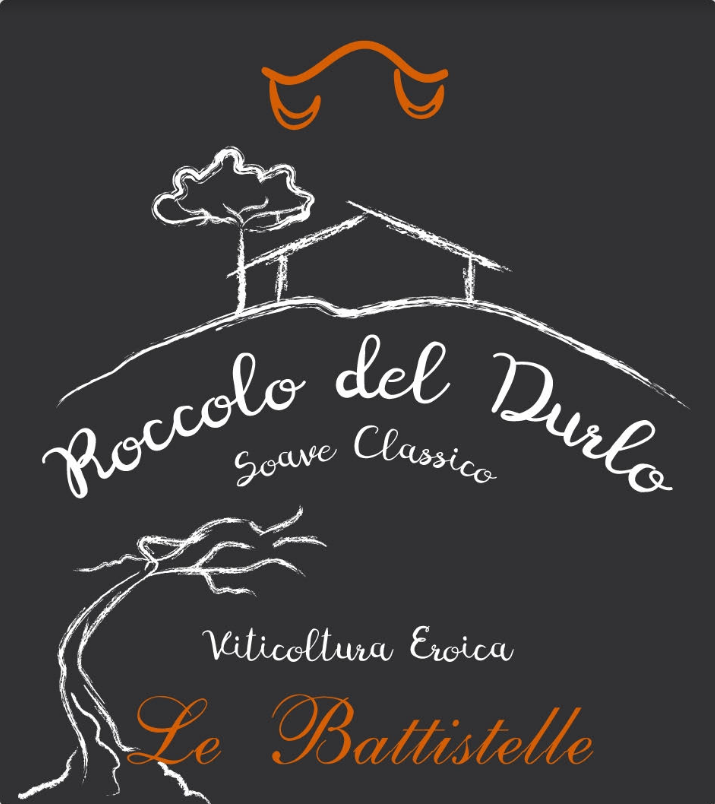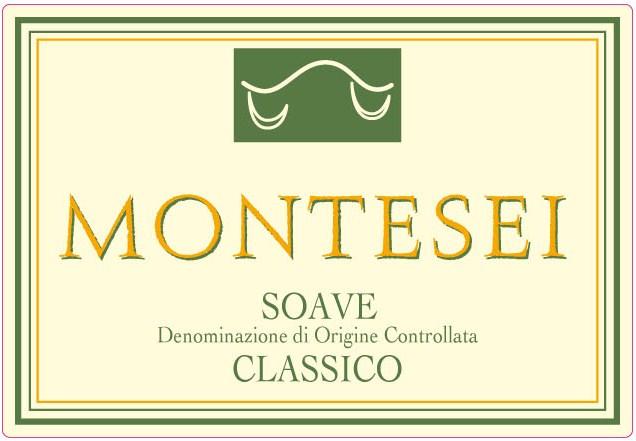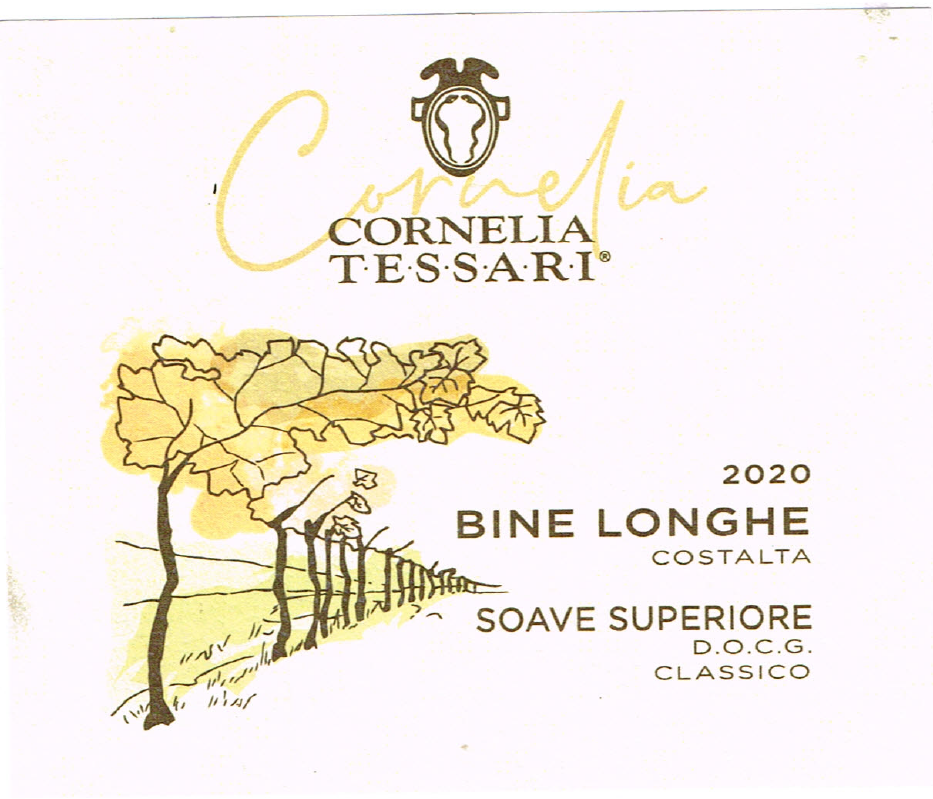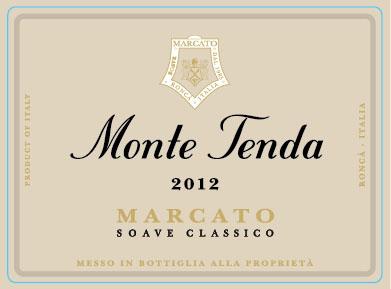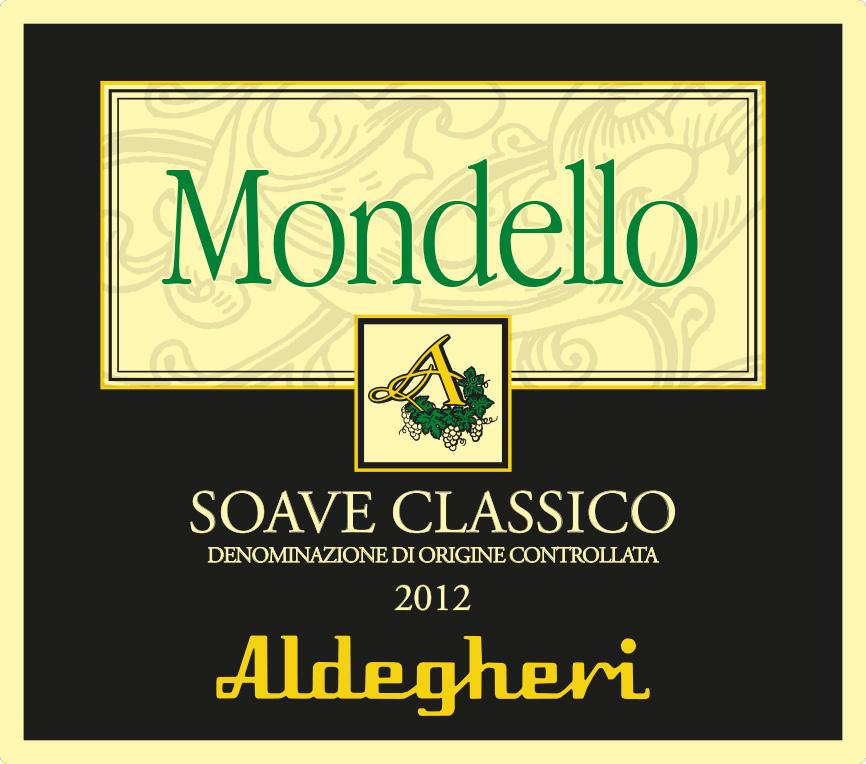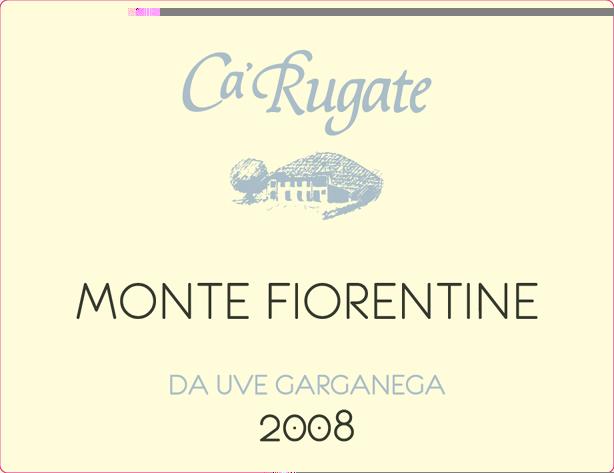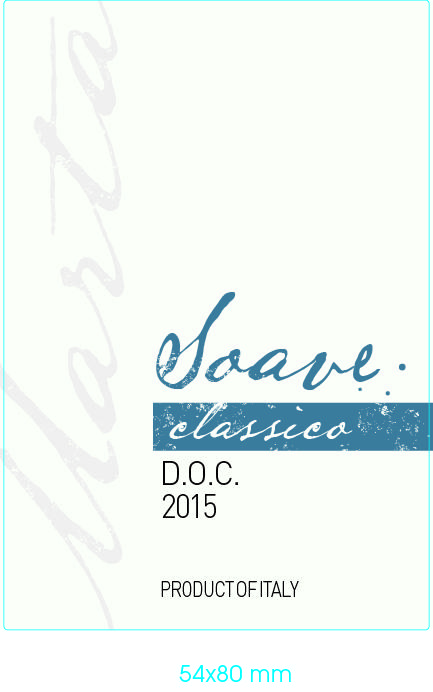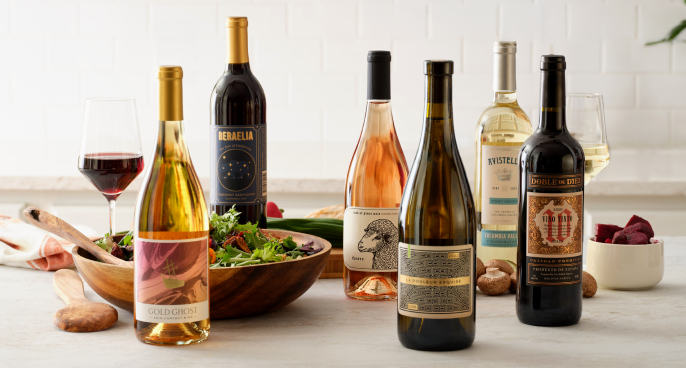Terroir of Soave Classico
Soave Classico's terroir and climate are defined by its ancient volcanic landscapes and varied soils. These vineyards, located 100 to 450 meters above sea level, rest on terraced hills and valleys east of Verona.
The volcanic soils, rich in basalt and tuff, foster deep-rooted vines, resulting in wines with a robust structure and pronounced mineral notes.
In contrast, the western vineyards' limestone and calcareous clays produce more fragrant wines with floral and stone-fruit aromas. Clay-loam soils on lower slopes contribute to fuller wines with bright acidity and herbal hints.
The region's continental climate features warm, dry summers and cool nights, thanks to highland breezes, preserving the Garganega grapes' acidity and aromas. Moderate rainfall during spring and autumn complements cold winters that allow vines to rest. This blend of steep terrains and balanced climate creates wines that are precise, resilient, and distinctly mineral-driven.
Notable Wineries in Soave Classico
Soave Classico, renowned for its elegant white wines, hosts a range of notable wineries that capture the essence of this historic region. Here are a few standouts:
-
Pieropan: A pioneer since the late 1800s, known for their "La Rocca" with its almond-mineral finish.
-
Inama: Established in 1964, they offer site-specific wines with a volcanic character and hints of spice.
-
Suavia: Run by the Tessari sisters, this organic estate focuses on vibrant citrus and mineral notes.
-
Cantina di Soave – Rocca Sveva: A historic cooperative blending tradition with wine tourism.
-
Filippi: Known for minimal-intervention wines with a saline-mineral profile.
-
Gini: A family estate highlighting balance and texture in their Soave Classico offerings.
Sustainable Winemaking in Soave Classico
In Soave Classico, sustainability is at the heart of viticulture, with producers carefully managing their terraced hillsides and embracing traditional pergola training methods. A focus on organic and low-input farming is evident, as many producers adopt practices like manual weeding, cover crops, and composting to reduce reliance on synthetic inputs. The Consorzio Soave's "Soilution" project further supports these efforts by studying water movement to improve vineyard practices, such as drainage and soil conservation.
Minimal irrigation and dry farming are common when conditions allow, while in the winery, energy efficiency and water recycling are prioritized. These measures, along with the use of native yeasts and limited new oak, aim to preserve the region’s unique terroir and landscape for future generations, ensuring the continued production of high-quality, mineral-driven wines.
Wine Tourism in Soave Classico
Soave Classico presents a captivating wine tourism experience rooted in history and natural beauty. Visitors can explore the medieval town of Soave, where a majestic castle and cobblestone streets lead to intimate wine bars offering local wine and cheese pairings.
The Strada del Vino Soave offers scenic vineyard trails ideal for cycling or hiking, revealing panoramic views of Monte Foscarino's vineyards. Notable estates like Pieropan and Suavia provide guided tastings and cellar tours, while Cantina di Soave in Rocca Sveva offers historic cellar explorations.
Seasonal festivals celebrate the region's wine culture with events like spring open-cellar days and autumn harvest festivities. Strategically located near Verona and other Veneto wine regions, Soave Classico is perfect for a day trip or weekend retreat, with many vineyard accommodations offering packages that include tours, biking, and culinary classes.

